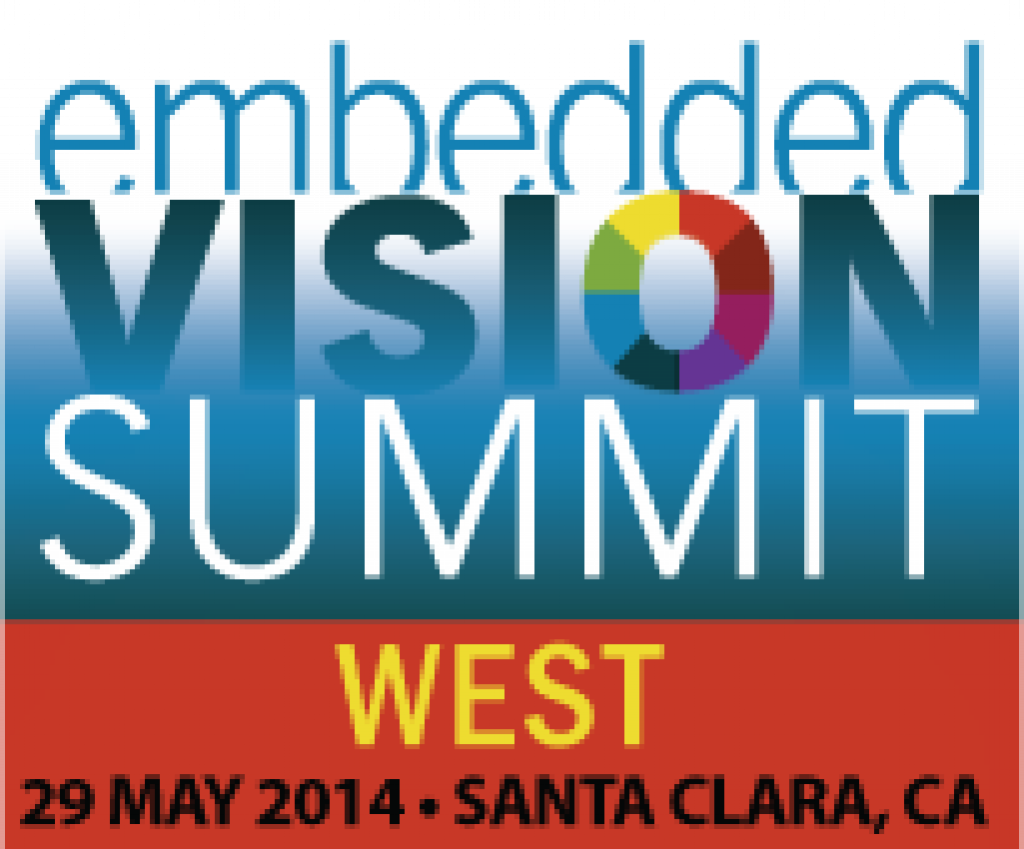In a recent news post, I told you about the upcoming Embedded Vision Summit West afternoon keynote "Self-Driving Cars" from Google's Nathaniel Fairfield, technical lead on the company's project team. Now I have the pleasure of telling you about the morning keynote, from Facebook's Yann LeCun.
Facebook is a company already know to regular visitors of the Embedded Vision Alliance website, from its mid-2012 acquisition of facial recognition pioneer Face.com. Like Google and other trendsetting companies, Facebook has lately been busy tapping into the accumulated expertise of leading technology and product developers in academia and industry alike, in order to advance its facial analysis and broader machine learning capabilities. LeCun, who joined Facebook at the end of last year, certainly fits this technology leader description, as his bio reveals:
Yann LeCun is Director of AI Research at Facebook and Silver Professor of Data Science, Computer Science, Neural Science, and Electrical Engineering at New York University, affiliated with the NYU Center for Data Science, the Courant Institute of Mathematical Science, the Center for Neural Science, and the Electrical and Computer Engineering Department. He received the Electrical Engineer Diploma from Ecole Supérieure d'Ingénieurs en Electrotechnique et Electronique (ESIEE), Paris in 1983, and a PhD in Computer Science from Université Pierre et Marie Curie (Paris) in 1987.
After a postdoc at the University of Toronto, he joined AT&T Bell Laboratories in Holmdel, NJ in 1988. He became head of the Image Processing Research Department at AT&T Labs-Research in 1996, and joined NYU as a professor in 2003, after a brief period as a Fellow of the NEC Research Institute in Princeton. From 2012 to 2014 he directed NYU's initiative in data science and became the founding director of the NYU Center for Data Science. He was named Director of AI Research at Facebook in late 2013 and retains a part-time position on the NYU faculty.
And what does he plan to discuss in his keynote? Here's what the abstract of his planned talk, "Convolutional Networks: Unleashing the Potential of Machine Learning for Robust Perception Systems," reveals:
Convolutional Networks (ConvNets) have become the dominant method for a wide array of computer perception tasks including object detection, object recognition, face recognition, image segmentation, visual navigation, handwriting recognition, as well as acoustic modeling for speech recognition and audio processing. ConvNets have been widely deployed for such tasks over the last two years by companies like Facebook, Google, Microsoft, NEC, IBM, Baidu, Yahoo, sometimes with levels of accuracy that rival human performance. ConvNets are composed of multiple layers of filter banks (convolutions) interspersed with point-wise non-linearities and spatial pooling and subsampling operations.
ConvNets are a particular embodiment of the concept of "deep learning" in which all the layers in a multi-layer architecture are subject to training. This is unlike more traditional pattern recognition architectures that are composed of a (non-trainable) hand-crafted feature extractor followed by a trainable classifier. Deep learning allows us to train a system end to end, from raw inputs to ultimate outputs, without the need for a separate feature extractor or pre-processor. This presentation will demonstrate several practical applications of ConvNets. ConvNets are particularly easy to implement in hardware, particularly using dataflow architectures. A design called NeuFlow will be described. Large-scale ConvNets for image labeling have been demonstrated to run on an FPGA implementation of the NeuFlow architecture. ConvNets bring the promise of real-time embedded systems capable of impressive image recognition tasks with applications to smart cameras, and mobile devices, automobiles, and robots.
The Embedded Vision Summit West takes place on May 29 at the Santa Clara (California) Convention Center. I encourage you to register right away, before all of the attendance slots are filled. Last year's Summit sold out, so don't delay!


